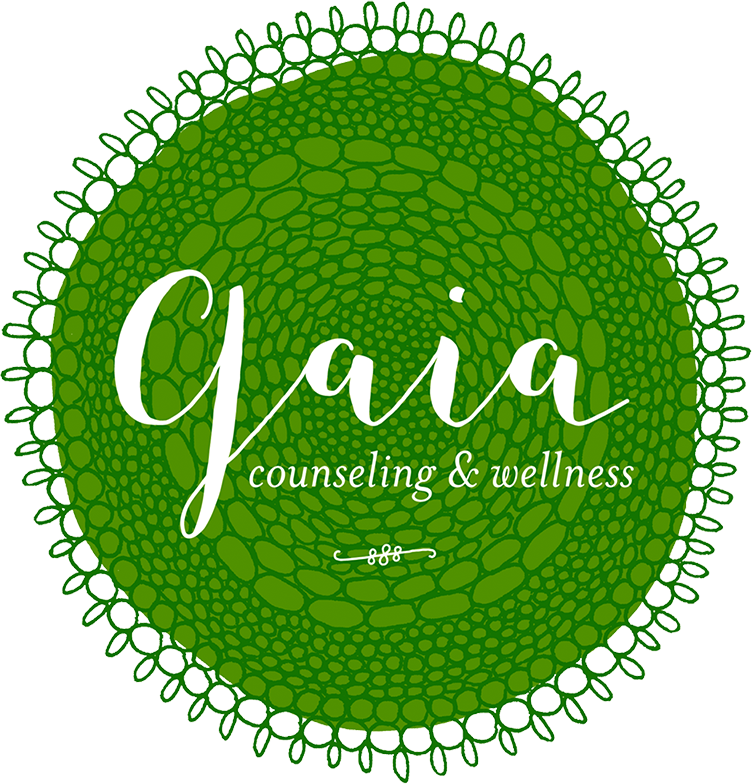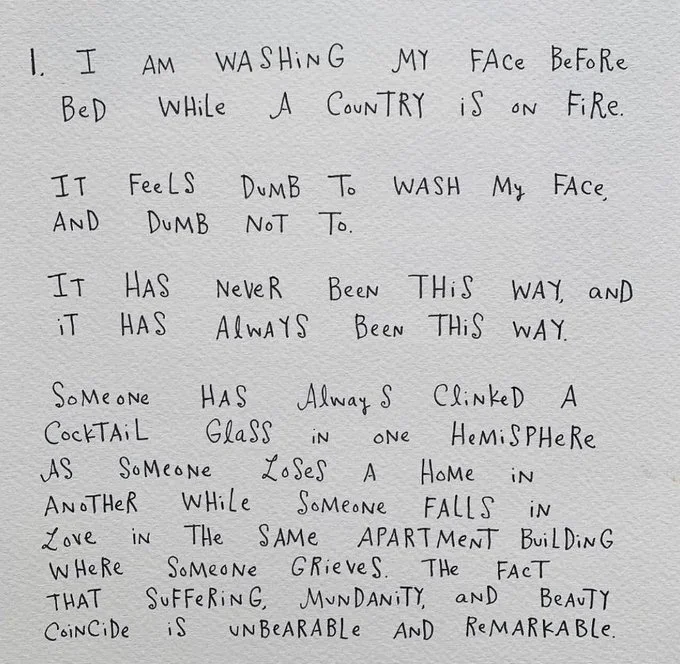By Alexandra Gellin
I usually consider myself an optimist, to the annoyance of some in my family, able to acknowledge and grieve tragedy, and then move past it. I also understand this is an important trait for a mother of a young child, since I need to be present to keep my child safe and healthy.
But things started to feel really bleak in February 2022. Between the war in Ukraine, the mass shootings in the US, and the widening polarization among the American people, I felt at times overwhelmed with anxiety, anger, and despair. My way of coping, or rather distracting myself from feeling dread, was to go down a rabbit hole of news articles and commentary videos – to arm myself with knowledge. For periods of time over the past 3 months, I marinated my brain in news about war, violence, racism, political division, and what all of this says about our collective future. I was finding it hard to be present with my family or engage in the nourishing self-care activities that ground me, like yoga and journaling. I would literally go to my yoga mat for my morning practice and get sucked into reading the news. All this voracious reading and listening did nothing to satisfy my gnawing sense of anxiety, sadness, and dread.
What we are experiencing right now, because I know I am not the only one, is collective trauma, which refers to events and the response to those events that cause overwhelming amounts of stress to entire communities, countries, or the world. According to Kai Erikson’s Collective Trauma theory, collective trauma is extraordinary in that not only can it bring distress and negative consequences to individuals but in that it can also change the entire fabric of a community.
Collective trauma brings up complex feelings for all of us, those most directly impacted as well as the bystanders who merely witness the incidents. In the case of the war in Ukraine, the Ukrainian people are most directly impacted and experience the collective trauma of war waged against them on one level. Thanks in great part to the internet and global trade, we all bear witness to the atrocities and are affected by the war, psychologically as well as materially. On the one hand, we are experiencing empathy, feeling the pain of our fellow humans who are suffering. Our sharing in their trauma, by reading articles, talking about their stories, even thinking about them, makes us feel as though we are honoring their lives and their sacrifices, not just forgetting about them. Additionally, there is the feeling of survivor’s guilt, the feeling that with people in another country at war, or in another city crippled by gun violence, it is unfair for me to be enjoying my life. The quote above, posted by a friend on Facebook, expresses that feeling very accurately.
This quote also highlights the importance of living life amidst the chaos, uncertainty and trauma around us, as a way to heal. Dr. Kristen Lee, professor, mental health advocate, and author of Worth the Risk, would agree that collective trauma requires collective healing. This includes talking about our feelings, validating the experiences of others, and seeking support from peers and professionals. You can read her article (linked below).
What finally did help me was confessing my news obsession to my therapist, commiserating with friends who share similar opinions, joining an online group doing work to bring polarized Americans together, and resisting the urge to read more news. I identified that impulse to read or listen, that compulsion, was borne out of anxiety about the state of our world. I acknowledged that all my reading did nothing to make me feel better, safer, or more in control. I also noticed that I have a choice about what I listen to or read. As most of us, I have too many apps to count on my phone, but some of them have positive, uplifting content, like my Insight Timer app with meditations and talks about inspiring topics, or the book that I’m listening to on Audible.
Dr. Kat Kaeni, of the Mom and Mind Podcast, recommends that when you watch or listen to the news, that we pay attention to your sensations or feelings, the desire to tune out, to distract yourself, to eat, to drink, etc. Notice what is coming up for you when you hear all the sad, scary information. Paying attention to the signals your emotions are sending you can motivate you to do something helpful, like turn off the news, cry, or do something enjoyable. Ignoring those signals can cause you to over-indulge in food or drink, be irritable and snappy with loved ones, or feel generally anxious. Our feelings will find a way to leak out if we don’t allow them the space and time to be processed. Dr. Kat also states that the antidote to the numbness or depression that comes from our collective trauma is doing things in daily life that help us stay present. Staying connected to the real and joyful stuff in life, family, pets, hobbies, nature, friends, those things have the power to bring balance and healing. As with nearly all mental health professionals, she also recommends limiting social media use, as it can either overemphasize tragedy or minimize it. If you are still really upset about a particularly tragedy, but your news feed has moved on, that can make you feel more angry and aggrieved.
If you are feeling stressed, depressed, isolated, or struggling to be present, like I was, you might find some of the resources linked in this post helpful. Whatever your method, we all need a little more time for our emotions and the support of peers and community. It is my wish that you will give yourselves that gift of time and grace.

